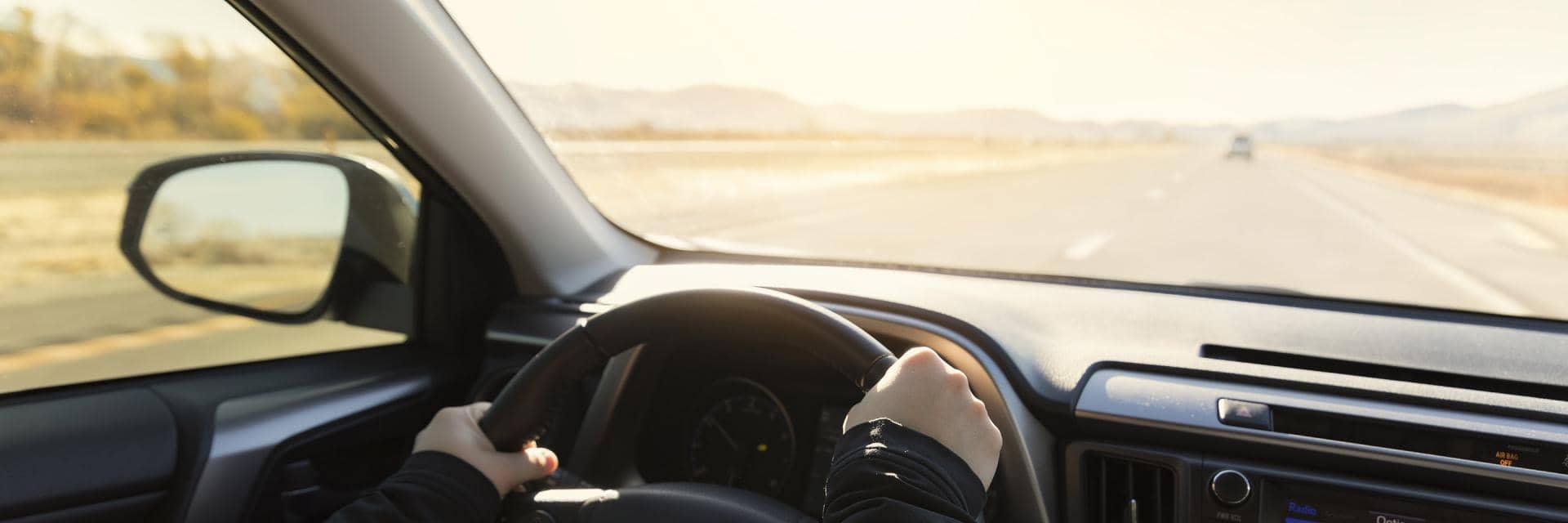
Buying a car?
There’s lots to think about when you buy a car. From how to pay for it, to what to expect once you’re on the road, our car-buying tips can help you on your car-buying journey.

What to think about before and after you buy
Whether it’s brand new or just new to you, check out our tips on what to consider when buying your car.
You can buy a used car with a loan.
Like many people, your budget and the car’s price are likely to be the main deciding factors when buying a car. The type of car, as well as how it’s fuelled, are also key considerations when starting your search. Choose a car to suit your lifestyle – whether that’s a hatchback, a luxury car, a 4x4 or that sports car you’ve always wanted. You’ll also need to decide how it’s fuelled – petrol, diesel, hybrid or electric. Electric cars are becoming more popular as we strive to save our planet and stop relying on fossil fuels and, once you’ve bought one, they’re cheaper to run – but make sure you have somewhere to charge it. The RAC has a car-review tool that lets you search by makes and models of cars, which might help you make your choice.
You could also speak to friends and family to get an idea of how reliable their cars are. Once you’ve done this, you can take your search up a gear, either in car showrooms and forecourts, or online.
When you’ve found a car that looks promising, you should arrange to see it and inspect it thoroughly – both inside and out.
It’s also a good idea to write down the vehicle identification number and V5 serial numbers, then check them online to make sure they match the DVLA’s records.
If you take a note of the licence plate, you can find out more about the car’s history by getting an HPI check online. This will tell you whether the car has ever been stolen, written off, had altered mileage or if there’s any outstanding finance.
You should check the paperwork carefully – look for original versions of the V5 registration document and the MOT certificate. Do the seller’s details match the registration document exactly?
Finally, take the car for a good test drive, for at least 30 minutes. No matter what a seller says about the condition of the vehicle, you need to try it for yourself.
Unless you really know your motors, understanding how much a used car is worth isn’t easy – but it doesn’t have to be guesswork.
If you’re trading in your old car, you’ll want to get as much money as you can, so being prepared for negotiations is key. Get a free trade-in valuation of your car online – before letting the dealership tell you how much it’s worth. You can use this valuation as leverage when negotiating.
If you’re selling your car, you’ll want to make sure you choose a fair price for it. Setting the price too low will, of course, lose you money – but setting it too high will lose potential buyers’ trust, or may mean your car is overlooked entirely.
Start by getting a free online valuation, and then find other ads for your car’s make and model for comparison. You could also use a car-buying service if you don’t want the hassle of doing everything yourself. The services they offer vary from finding a car and letting you do the rest, to arranging test drives and even negotiating on price. They will charge a fee for their services though, so weigh up the price to make sure it suits your car budget before you engage them.
Unless you’re a cash buyer, there are four main ways to pay for a new or used car.
Bank loan – if you want to own the car from the start, but don’t have the cash, a bank loan could be an option. Check the interest rate and work out how long you need to repay the loan. Before you decide, compare different loans and interest rates over different terms – finance deals that seem cheap could work out more expensive in the long run. All loans are subject to application, financial circumstances and borrowing history.
Hire purchase (HP) – a type of loan where the car is the security. You pay a deposit, usually around 10% of the car’s value, and hire the car over 1-5 years, after which the car will be yours. Interest is added to your monthly payments, so it’s a good idea to compare the interest with a bank loan before you decide.
Leasing – a long-term rental agreement, usually 2-4 years. There’s a low monthly payment and you give the car back at the end of the contract. You’ll never own a lease car – there’s no option to buy it at the end of the contract. You’ll also need to stick to the mileage agreed with the leasing company at the outset and keep the car in good condition, or you’ll be charged extra – mileage can be as much as 10p per mile.
Personal contract payment (PCP) – this is also a loan, but you won’t usually own the car at the end of the payment term. PCP is a good option if you like to change your car regularly, with low monthly payments to suit your budget. You’d normally be expected to pay a deposit of around 10% of the car’s value. If you want to keep the car at the end of the term, there’s usually a balloon payment, a lump sum payment that you agree at the start of the term.
The information contained in this article is for general information purposes only and is not intended to constitute financial advice. Please seek independent professional advice relevant to your circumstances. Barclays does not accept any liability for any losses as a result of relying on the information contained in this article. All opinions and estimates are given as of the date of publishing.
All loans are subject to your financial circumstances and borrowing history at the time you apply.

There’s lots to think about when you buy a car. From how to pay for it, to what to expect once you’re on the road, our car-buying tips can help you on your car-buying journey.

Get cover for £9 a month
Get complete peace of mind with RAC UK Roadside and At Home breakdown cover for you and one other member of your household.
Six-month minimum term – terms and conditions apply.